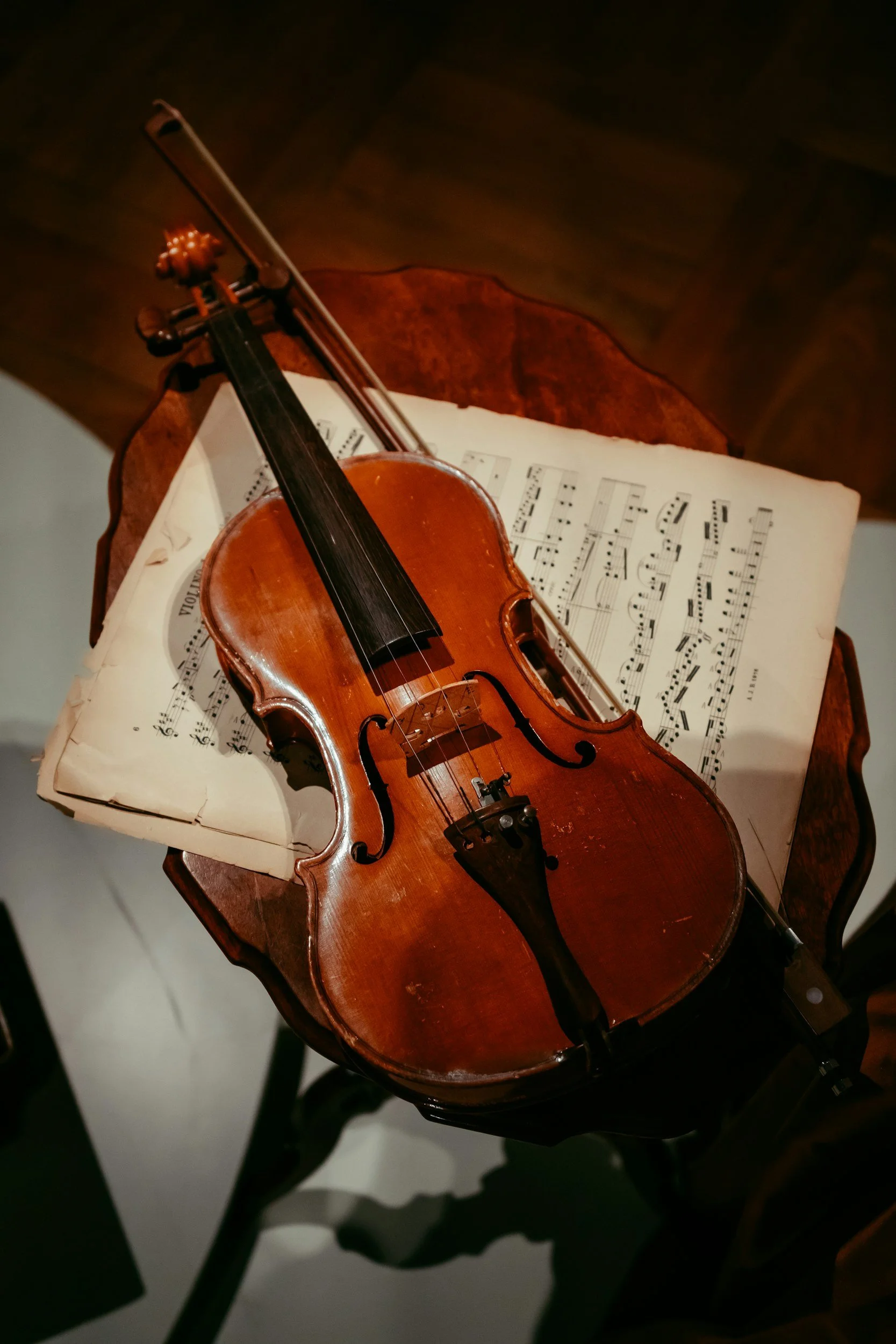
“The most powerful thing about music in film is its ability to tap directly into the audience’s subconscious.”
— Thomas Newman
Film Scoring
An Often an Underrated Piece of Storytelling.
I think this could be due to how much music we hear on a regular basis. We tend to become desensitized by the amount of music we consume and how it may influence our moods. Oftentimes, we watch a scene in a film that may not seem significant at first, then suddenly we start to cry—and we go on to wonder why those tears are falling. From what I’ve observed through the amount of film I consume, the music is incredibly influential in pulling those emotions out of you.
In a speech course I took in college, we were prompted to give a persuasive speech on any topic we cared about and why others should care too. My topic was: “Film Score: The Unsung Heroes in Film/Movies.” I had never felt so confident speaking publicly about anything, but this was something I felt really strongly about, so the speech went great. I basically talked about how masterful the work of scoring is and why composers should receive more credit for their contributions to film.
What I admire most about score composers is how they create music tailored to specific characters and scenes. When I listen to my score playlist, I’m thrust back into the film’s atmosphere and the emotions of those scenes. That’s why I enjoy the music so much. It can also be appreciated on its own—even without knowing anything about the film—though in a different way.
Film scoring is a powerful part of the filmmaking process to me because, growing up, I was surrounded by many different types of music—whether it was through pressing play on the music myself or hearing it from others, either from family members or at church.
A few years ago, I started to wonder why certain songs made me feel the way I did when listening to them. So I traced it back to when I was between the ages of 5 and 15, when my dad and mum would take us to the village every Christmas—which we weren’t very fond of—to spend time with our grandparents. I bring up that time period because my grandma would always play music composed by Ludwig van Beethoven, Wolfgang Amadeus Mozart, and other classical composers. Mozart and Beethoven are the names I remember most from the cassette tapes she had. My siblings and I would constantly joke, “Grandma is listening to Beethoven again and again.” But when I think back to that period, I realize that even though we joked, there was a part of me that subconsciously enjoyed the music—even if I couldn’t understand why at the time. I also thought it was just “old people music.” Growing up during that time, most of what we heard was hip-hop, pop, and Afrobeats, so there was no way I was going to get into classical music or music of that sort back then.
Anyway, fast-forward to now—I’m at a point in my life where that kind of composed music is really appealing to me, and I finally understand why. It’s because I love music that makes me feel, and film score composers are specialists at doing just that. When I listen to film scores and then go back to Beethoven and Mozart, it’s clear how much influence they’ve had on the great composers of today. I now listen to Beethoven, does that make me “old people”? I really don’t care.
I also want to add that my affection for score composition is influenced by growing up in the Catholic Church where I would hear the orchestra playing hymns with all kinds of instruments.
My top three favorite instruments used in score composition are the violin, the piano, and the cello. If I were to learn an instrument, it would be one of these three. I feel like they are the most powerful when it comes to expressing emotion and they have so much personality.
Although scoring is a great addition to any film, it shouldn’t feel like a crutch. Film is primarily a visual medium, so you want the audience to feel the story or scene as well as the music. Finding that balance—of when and how to introduce music—is necessary in every great film.
Good music is different from good scoring. I define good scoring as when the music fits and goes hand in hand with the emotions and atmosphere of the film. On the other hand, music can be good but not necessarily fit the film. That is an important distinction.
In my film score playlist attached to this page, you’ll find a variety of scores I’ve enjoyed recently. If you connect with the playlist or share my love for film scoring, I’d love to hear from you.
~ Gerard Odigwe